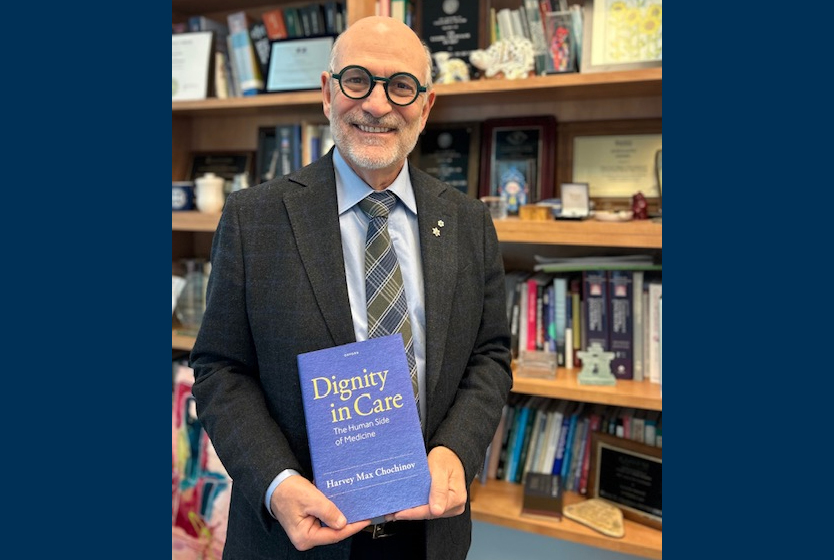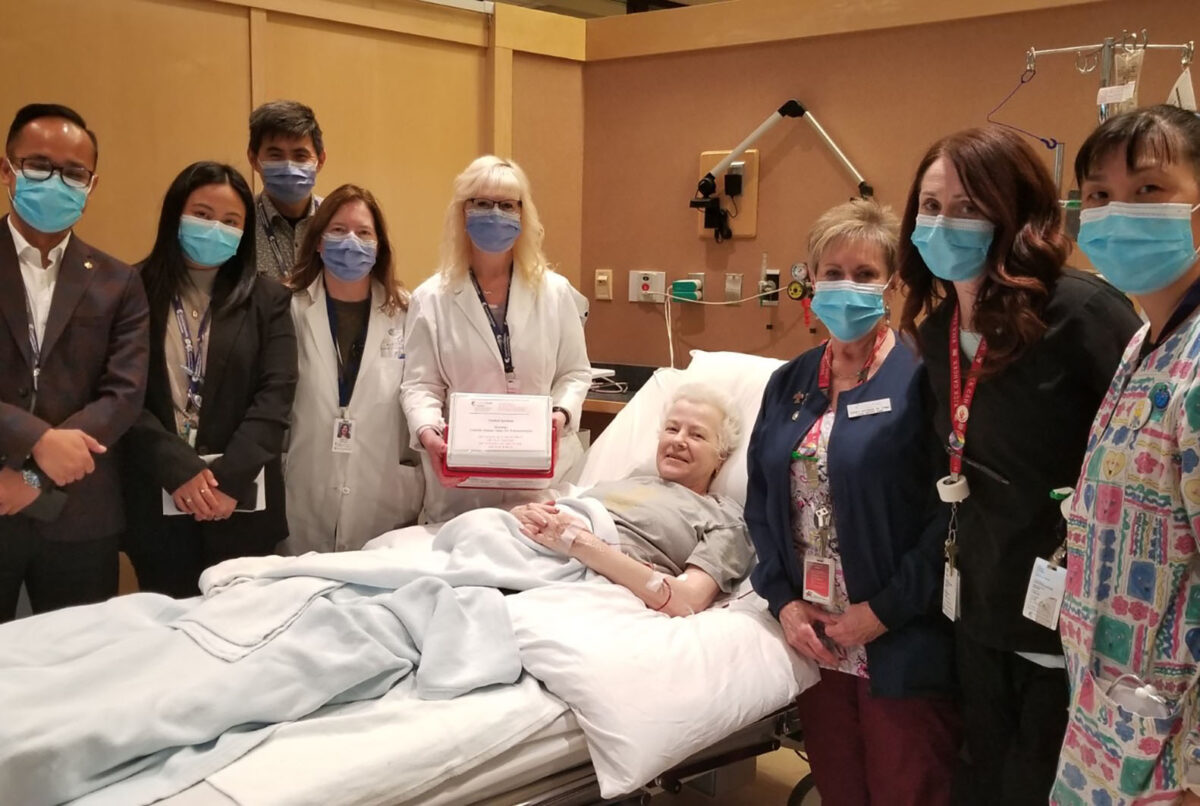CancerCare Manitoba has announced new funding to support continued research into childhood cancer as youth transition into adulthood and leave the pediatric health care system. Collaborating with researchers in PROMISE — Pediatric Research in Oncology in Manitoba: Innovation, Science & Excellence — a province-wide pediatric cancer research initiative, this additional funding will help track and study youth after they turn 18. PROMISE …
New cancer drugs hold great promise but often require complex treatment protocols.
The last number of years have seen a proliferation of new innovative cancer drug therapies being tested in clinical trials at CCMB, nationally, and around the world. Some of these therapies have since become available for clinical use while many more are showing promise in current trials.
Cancer research opens new options and better outcomes
Carole was diagnosed with lung cancer in 2020 shortly after retiring. The diagnosis came as a shock in no small part because Carole hadn’t smoked in over 40 years, and even then only socially. Curious about factors that cause lung cancer, Carole had her home tested for radon – a leading cause of lung cancer – and learned that the …
National trial evaluates Therapeutic Plasma Exchange in septic shock patients
Septic shock, a life-threatening infection, is among the most common reasons for admission to ICUs in Manitoba and is a leading cause of death. Septic shock leads to uncontrolled inflammation and coagulation abnormalities. Apart from antibiotics and supportive care, there are few treatments available. Cancer patients are at higher risk of infections and septic shock due to immunosuppression from the underlying disease and chemotherapy.
New book from Institute researcher, Dignity in Care: The Human Side of Medicine helps shape the future of patient care
Senior Scientist at CancerCare Manitoba Research Institute, Dr. Harvey Max Chochinov has published a new book, Dignity in Care: The Human Side of Medicine, providing insight into how the disposition and attitude of healthcare providers indelibly shape patient experience.
Cancer research drives new treatment options
Shirley Mooney was first diagnosed with large B-cell lymphoma in 2008. She responded well to chemotherapy and, after six sessions, went into remission. Eleven years later, however, the cancer returned. Adding to the difficulty of her situation, Shirley experienced life-threatening complications during chemotherapy. This required a change of treatment to a stem cell transplant, which was effective. Though she was …
New trial looks at reducing bleeding risk in cancer patients while also developing novel research methods
A new Investigator-Initiated Clinical Trial (IICT) led by Primary Investigator, Dr. Brett Houston, called the MYELO-CAN TXA trial, aims to see whether Tranexamic Acid (TXA) can help prevent bleeding in patients with certain blood cancers such as acute leukemia and myelodysplastic syndrome.
Leading-edge care close to home with a human touch
In 2014, Sandra was diagnosed with stage four lymphoma that manifested in her kidney. She never thought anything like cancer would happen to her. “You hear the word cancer and it slams into your consciousness like a bullet”, she says. Her doctors explained that the lymphoma was not terminal, so that offered Sandra some relief and a feeling like she …
Advanced magnetic resonance simulator to bring new options for research and treatment
The Institute has acquired a state-of-the-art magnetic resonance simulator (MR-SIM) to be installed in 2024, made possible by generous community donations. The research applications of this technology will include new patient treatment techniques and workflows.
$17 million lab renovation enables research creativity and innovation
A major donation from the Paul Albrechtsen Foundation facilitates the transformation of 20-year-old research laboratories into state-of-the-art facilities housing cutting-edge technology and leading scientists pursuing the next cancer breakthroughs.
- Page 1 of 2
- 1
- 2











